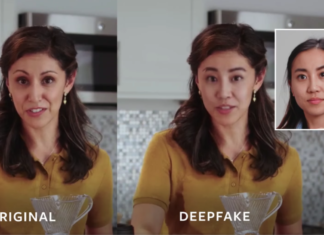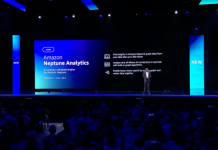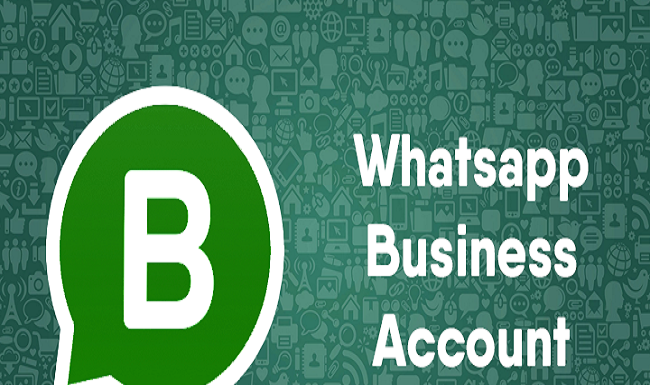Wired tries to compare generative AI to social media in terms of its popularity and high penetration in the world; a situation where social media has become an integral component in our society. Today, social media fits perfectly into our daily lives and psychologists foresee generative AI tools at the same level.
However, the implications of an inundated world is of a most concern. AI will obviously make it easier to produce disinformation—from fake images to deepfakes to fake news. People will also begin to doubt information out there especially when you or your loved ones are being imitated out of context by AI.
Also, the implications of having people becoming more reliant on technology than trying out or learning things themselves thereby building a future of mentally lazy individuals. Given example like Google maps, how people depend on Google Maps to get everywhere and not know how to get there otherwise.
In the case of mental health problems, is it going to cure boredom or worsen it? Social media has changed the course of things in the past years. Distancing as almost taken over socials and of course would have led to more mental health cases which hopefully would be solved by AI. But the impact of that on humans is most disturbing.
Another concern is the increasing impact of AI not only for medical doctors but politicians and judges and teachers as they become interfaces for algorithms.
Artificial Intelligence is going to have an impact on almost every aspect of human life with robot carrying out various tasks but the truth is Humans Aren’t Mentally Ready for an AI-Saturated ‘Post-Truth World’.
Read more on wired.com
featured image credits, BCS













































